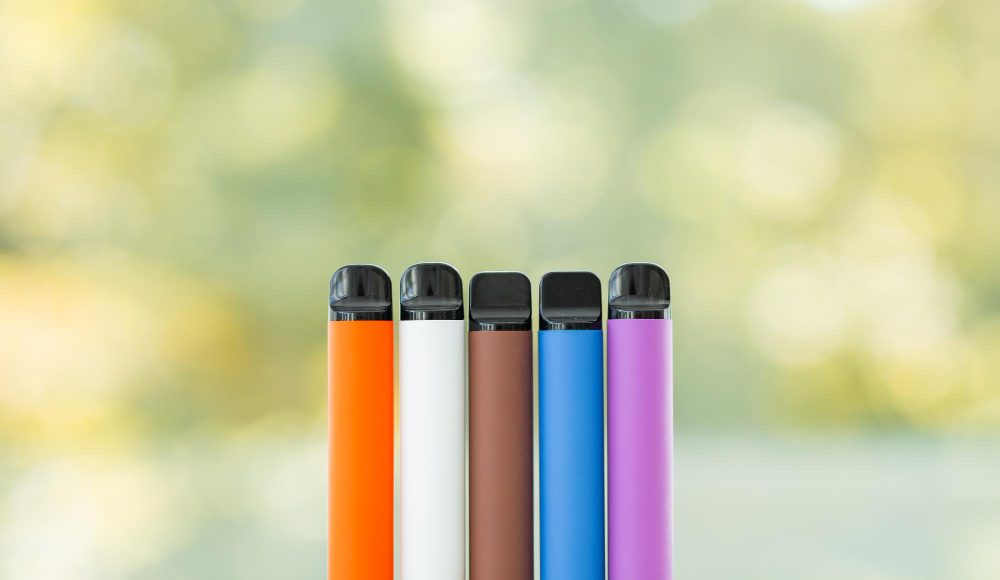Disposable vapes are facing increasing bans due to concerns over youth usage and their environmental impact, with several countries recently implementing bans on the products. Last March, New Zealand announced a ban on the sale of single-use vapes and rightly increased penalties for retailers caught selling these products to minors. Australia has also decided to combat the rise in youth vaping by announcing a ban on the importation of disposables, effective January 1, 2024.
The World Vapers’ Alliance (WVA) has recently urged French policymakers to reconsider the recently approved ban on single use vapes. In line with countless tobacco harm reduction experts, WVA Director Michael Landl, argued that prohibition is ineffective and counterproductive to public health goals. He explained claims that banning the devices will not reduce demand but will instead drive it to the black market, resulting in negative public health outcomes.
Meanwhile, recent research from UCL and King’s College London indicates that the UK’s ban on disposable vapes could affect around 2.6 million people, potentially hindering the reduction in smoking rates and disproportionately impacting disadvantaged communities. Consequently, this ban is considered counterproductive as it limits access to an essential tool for smokers aiming to switch to safer alternatives.
Experts have consistently highlighted that disposables provide an accessible entry point, allowing smokers to transition to less harmful vaping devices, due to their cheap and non-committal quality. Landl asserts that facilitating this transition is crucial for public health, particularly when cigarettes, which are significantly more harmful, remain readily available. A ban, he contends, illogically removes a 95% less harmful alternative while leaving the more dangerous option on the market.
What about the health of adult smokers?
Similarly, discussing bans on disposables earlier this year, smoking cessation expert Prof David Sweanor said that the current panic about the products is a classic example of how calls to ‘think about the children!’ are used as a key strategy in “many campaigns where people seek to use the power of the state to impose their moral views on the behaviour of others.”
“We see it on efforts to prohibit alcohol, pursue a war on drugs, deny gay rights, ban sex education, oppose vaccinations, prohibit drag performances, derail rights to birth control, etc., etc,” he told Vaping Post.
“There is a trade-off in play, and much like we have seen elsewhere on nicotine issues, a manufactured moral panic is being used to obscure that trade-off,” he explained. “It makes a deemed threat to young people seem to be the only issue at play, and no one needs to consider the health or rights of adults for whom such products can be a lifesaver.”
Innovation would have automatically driven disposables out of the market
Meanwhile, an interesting press release by ECigIntelligence suggests these products would have been eventually phased out anyway, due to innovation. Freddie Dawson, the agency’s senior news editor, noted that regulation will likely end the current form of disposables, but innovation would have achieved the same result in the long run. He refers to the shift from cigalikes to more advanced vaping devices.
Dawson predicts that disposables would have evolved into refillable and rechargeable devices. He cites emerging cartridge-based systems that offer multiple flavours as an example of this evolution. This change is seen as part of a broader trend in the vaping industry towards more efficient and user-friendly products.
The UK Government Failed to Conduct a Thorough Risk Assessment of The Disposable Vapes Ban












